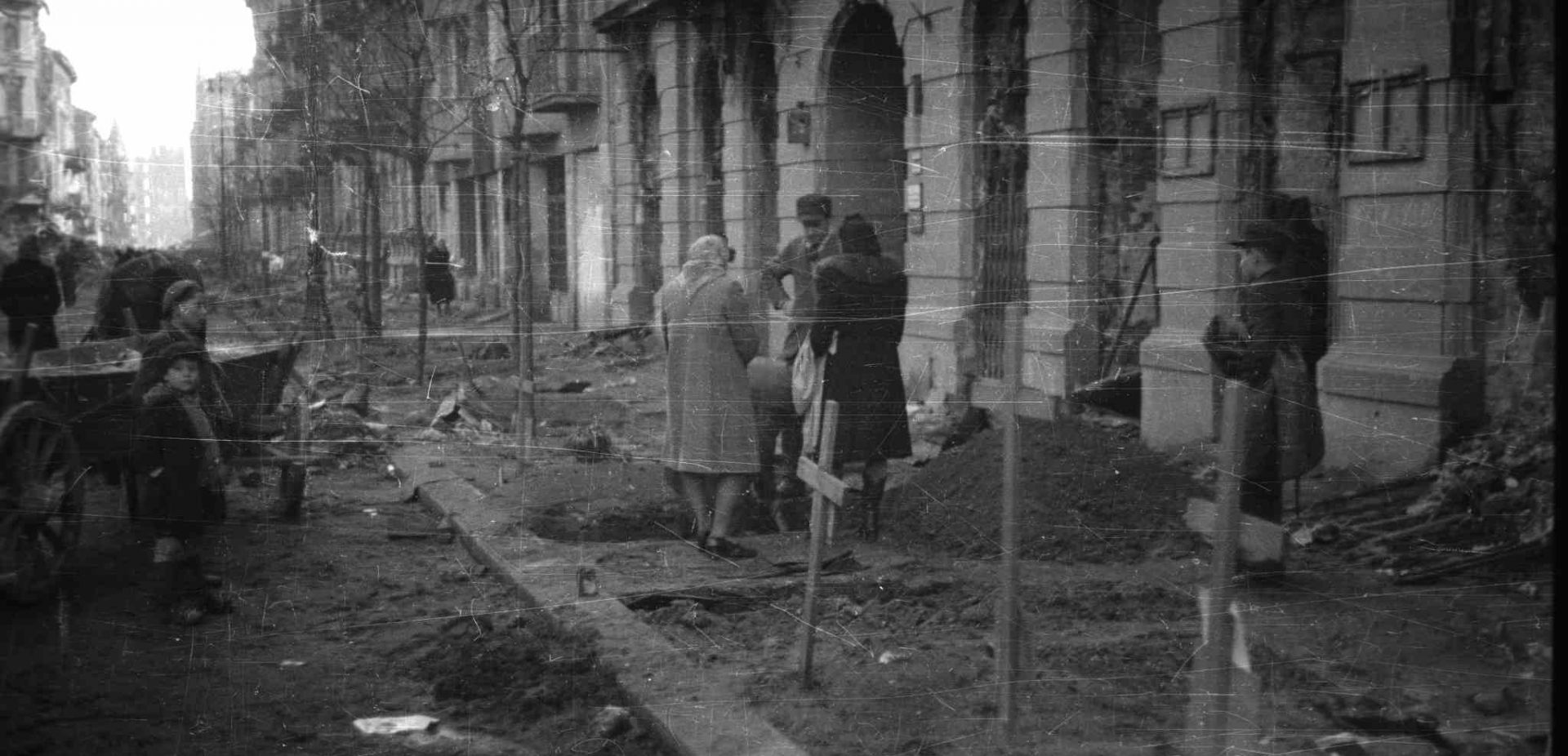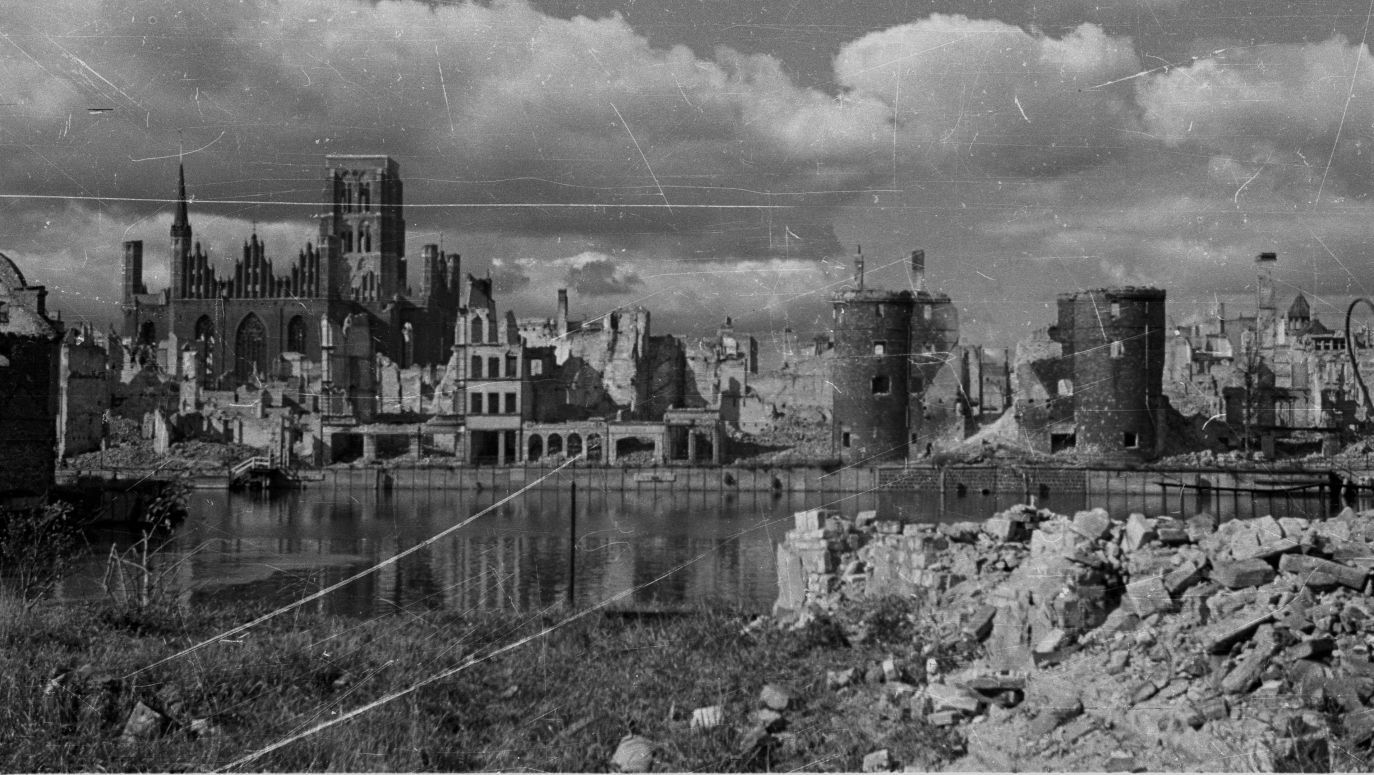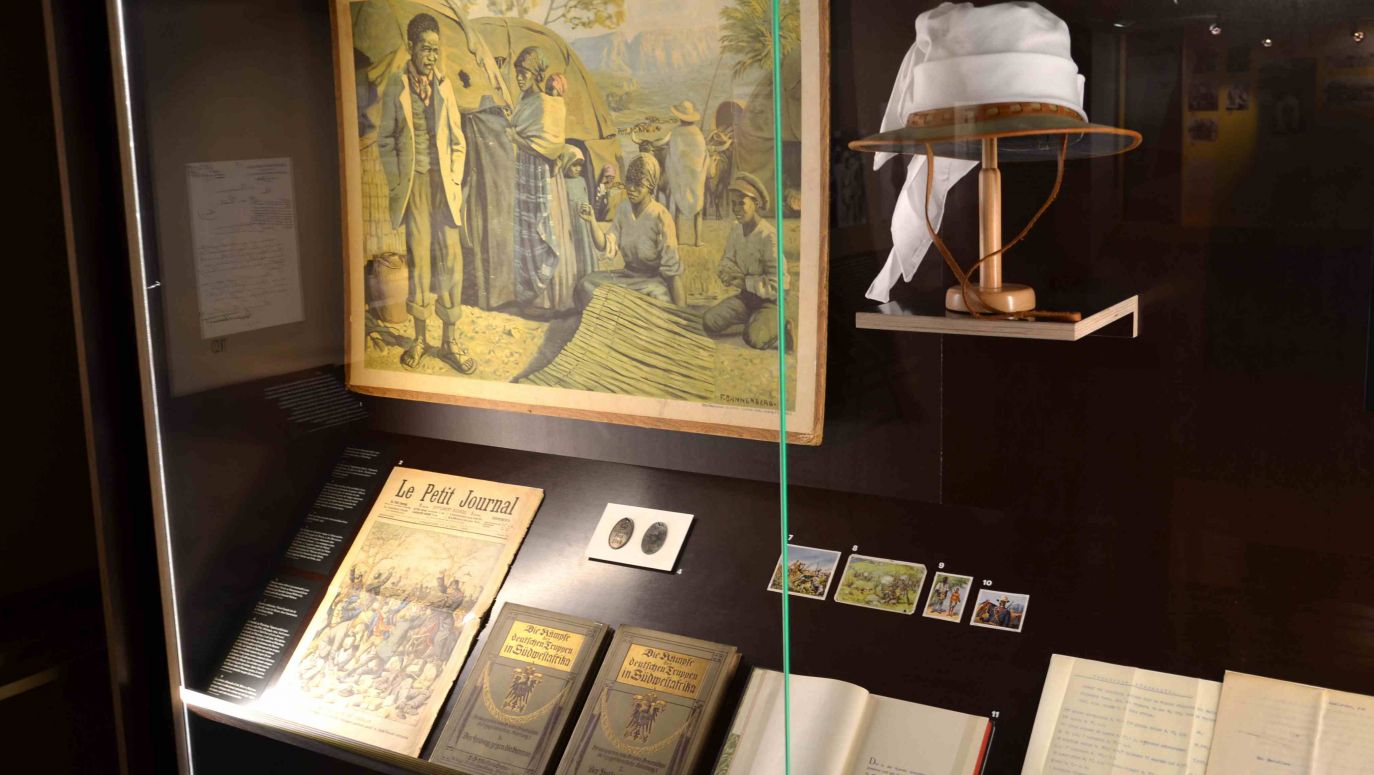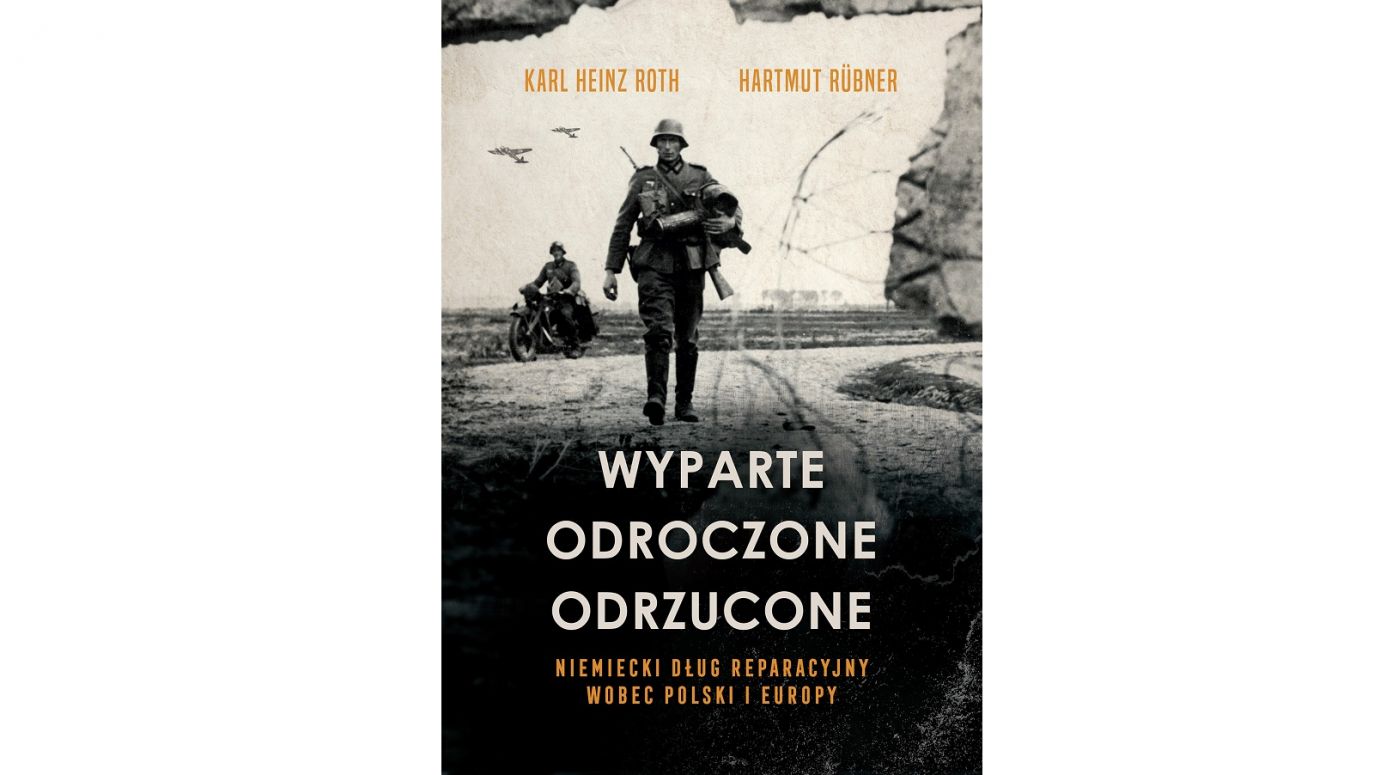You recently published a new edition of a book on the German reparation debt, and I wonder whether the German reparation debate is different than it was a decade ago.
A lot has changed. I remember that at the beginning, after the book was published in Germany, I was devastated by the massive criticism, especially coming from German historians. We have seen some shifts here, as well as in the approach of professionals. I, on the other hand, have in front of me an issue of the magazine Geschichtswissenschaft, with a text by Stephan Lehnstaedt, with whom I spent a good few hours discussing the topic following the reparations conference in Warsaw (organised in 2018 by the Western Institute). Lehnstaedt represented a restrained position at the time, being in favour of Poland applying for individual reparations for the 30,000 to 40,000 non-Jewish former concentration camp inmates still alive. He has since changed his opinion somewhat. Today, he says that Germans should accept that every Polish family made a sacrifice during the German occupation, and we must not simply close the discussion. Although he did not support reparations, he did not reject them either. And this is something new. Just as it is something new that the expert opinion contained in my book has been taken into account in the discussion by experts from the scientific department of the Bundestag, as Prof. Magdalena Bainczyk of the Western Institute pointed out to me. In conclusion, I see signs of a correction of the German position.
However, it is important to note that the political class is still questioning the sense of any debate on reparations, and the Greens, who only a few years ago were willing to support at least partial reparations for Greece in the case of Greek claims, are today, through [former Greens leader and current German Foreign Minister] Annalena Baerbock, ruling out such an eventuality in the case of Poland, but I have the impression that politicians, too, will eventually have to face up to this problem. For the time being, I see indications of a change in the atmosphere around the topic of reparations, which is happening under pressure from Germany, but also from the ongoing war in Ukraine. Because every day we hear – and see – what the situation of a population conquered by an aggressor is, how human rights are violated, etc. And I welcome the fact that the [Polish] publishing house Zysk wants to publish the second edition of my book. I see this as a precursor to another discussion.
You mentioned the Green party, which, when they were in opposition, at least in part, supported the restitution claims of Greece. And now that they are in the governing coalition, they have changed their minds.
The Greens also reject the Greek demands today, the same demands they defended earlier. Their joining the government was accompanied by a change of mindset. I have been in touch with a group that supports Greece as well as with a distinguished elderly lady who set the tone for the Greens' earlier activities on the Greek claims. However, since the Greens entered government, their activity in this field has died down. I know from Greece itself that the claims are now unequivocally rejected, which clearly shows the change of course of the Greens. I have the impression, by the way, that the Greens have changing course not only on this particular issue, and this will probably be reflected in the polls.
Last year, we spoke about your assessment of the Polish war loss report. Looking back from the perspective of almost a year since its publication, has this report influenced the position of the German side in any way?
Once again, I would like to emphasise that the report is a very detailed document. The method adopted in calculating Poland's war losses during the German occupation is highly complicated, as it assumes not only tangible losses, but also the impossibility of generating national wealth as a result of the human and material losses incurred. This is an exceptionally strong argument. In our conversation last year, I said that the calculations of the war loss amounts from the report are almost identical to the calculations I presented in my book on the German reparation debt towards Poland. The report said EUR 1.3 trillion, compared to the EUR 1.12 trillion I calculated in the book years ago.
The only shortcoming of the report, from my point of view, is that it does not take into account the reparation payments that Germany has nevertheless made. I believe that the report should have been supplemented with this information. It was unnecessarily silent, because both West Germany and East Germany paid some reparations. However, this does not change the fact that, compared with the EUR 1.12 or 1.3 trillion estimates, this is only a fraction of what Poland is entitled to. According to my calculations, these German benefits were the equivalent of around EUR 120-160 billion, and we are talking, after all, about more than a trillion euros. I believe that this matter should become the subject of additional discussion, but looking at the picture as a whole, the Polish report on war losses was a decisive step on Poland's part.
At one point, there was uncertainty as to whether the report would be published at all, and then as to how far its calculations would show the true scale of the damage, but when it was finally released, all doubts disappeared and it became clear that we were dealing with a very good report, that could not be called into question in any way. From the beginning, I have been calling for the War Losses Report to be translated into German and published as soon as possible. And in my opinion, it should neither be published by the Polish Foreign Ministry nor by the Polish embassy in Germany, but by a German publishing house, with an extensive preface. If this publication were to be further accompanied by a conference, Poland would have succeeded in elevating the topic of reparations to a new, higher level.
– Interview conducted by Antoni Opaliński
TVP WEEKLY. Editorial team and jornalists
– Translated by Roberto Galea


 SIGN UP TO OUR PAGE
SIGN UP TO OUR PAGE 








